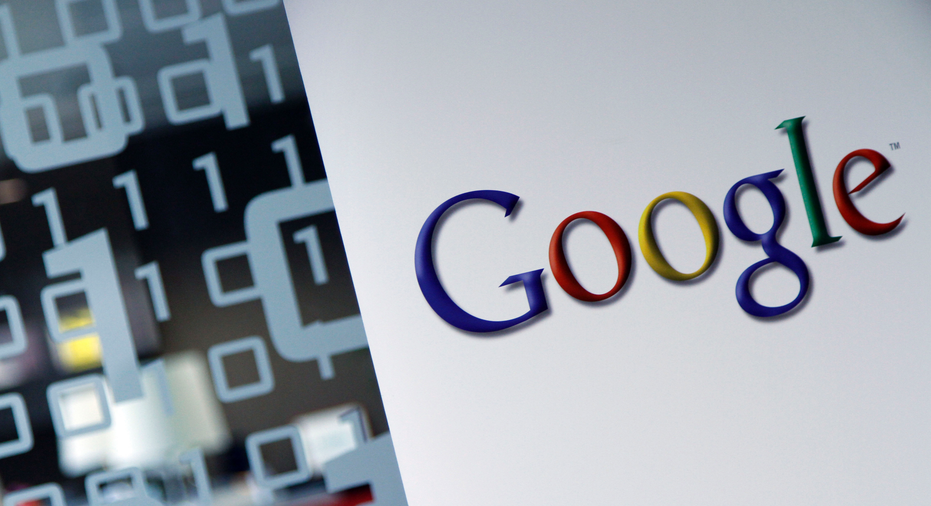Google's activities under scrutiny by US, Europe regulators

WASHINGTON – Google, the tech giant known universally for its search engine, also has fingers in a number of other pies, like online advertising, email messaging and video. That gives U.S. antitrust enforcers, who have reportedly evinced a new interest in pursuing competition charges against Google, lots to look at.
Governments around the world are becoming increasingly unnerved by the power amassed by major technology companies — with the dominance of Google in search, Facebook in social networking and Amazon in e-commerce raising the sharpest concerns. In the most dramatic scenario, a case might be made for breaking the companies into smaller pieces.
The U.S. Justice Department is readying an investigation of Google's business practices in search and other areas, and whether they violate antitrust law, according to news reports. Neither the company nor the Justice Department will confirm or deny that a probe has been launched. The Federal Trade Commission, which shares competition oversight with Justice, made an antitrust investigation of Google but closed it in 2013 without taking action.
The company made changes voluntarily after the FTC probe, including letting advertisers use information from their Google ad campaigns to create campaigns with rivals. But an FTC staff report released years later showed that the agency staff had urged the presidentially-appointed commissioners to bring a lawsuit against Google. That never happened.
It isn't clear what specific areas of Google's business the Justice Department might be probing. But here are some possible areas U.S. antitrust cops might poke into.
___
ADS
Google commands the lead in digital ad revenue by a wide margin, controlling 31.1% of global digital ad dollars, according to eMarketer's 2019 estimates. Facebook is a distant second with 20.2%.
European antitrust regulators slapped Google in March with a $1.7 billion fine for freezing out rivals in the online advertising business — the regulators' third big fine against the company in less than two years.
Still, the latest penalty isn't likely to have much effect on Google's business. It applies to a narrow portion of Google's ad business in which Google sells ads next to Google search results on third-party websites. It involves practices the company says it already ended, and the amount is just a fraction of the $31 billion in profit that its parent, conglomerate Alphabet Inc., made last year.
___
SEARCH RESULTS
Google's search engine handles two out of every three queries in the U.S. European regulators have found that Google manipulated its search engine to gain an unfair advantage over other online shopping sites in the lucrative e-commerce market, fining the company $2.8 billion. Google disputes those findings and is still appealing the 2017 decision.
The FTC staff report released after the agency's investigation showed that the staff legal recommendations rejected by the commissioners involved allegations of Google tinkering with its search results in a way that stifled competition.
Lawmakers from both parties appear determined to examine whether Google rigs its search results to also promote its own political agenda.
___
ANDROID ANTICS
Another huge antitrust fine from the European overseers, $5 billion, came against Google in July 2018 for a finding that it abused the dominance of its Android operating system by forcing handset and tablet makers to install Google apps, reducing consumer choice.
The company appealed the ruling and also made changes to avoid additional fines. It started this spring giving European Union smartphone users a choice of browsers and search apps on Android. Following an Android update, users will be shown two new screens giving them the new options.
Android users who open the Google Play store after the update will be given the option to install as many as five search apps and five browsers. Apps are included based on their popularity and shown in random order.



















